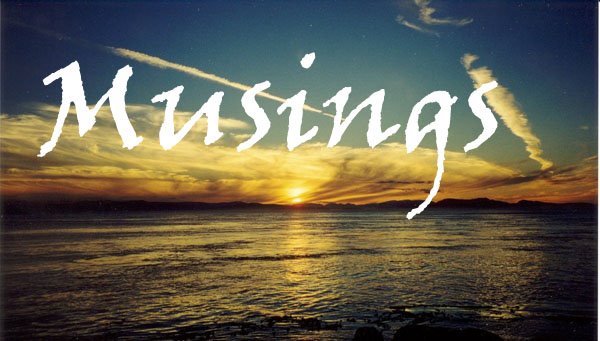Today I read the email from the English Department for English majors--something I rarely do---and a short admonition from Lance Larsen, now Chair of the Department, resonated with me. He shared a poem by a Norwegian poet, Olav Haugue, that came to him as he impulsively picked up a book from his shelf, not having read it through. I don't know if this is plagiarism, but I'm going to share the poem and his thoughts because it's what I needed to hear/feel now today. I've included the poem in my vision board because it relates to writing, revisions . . . re-visions . . . not just for today but for the whole year.
 Don’t Come to Me with the Entire Truth
Don’t Come to Me with the Entire TruthDon’t come to me with the entire truth.
Don’t bring the ocean if I feel thirsty,
Nor heaven if I ask for light;
But bring a hint, some dew, a particle,
As birds carry drops away from a lake,
And the wind a grain of salt.
(translated by Robert Bly)
We might consider this a revision, or at least an updating, of Dickinson’s savvy advice: “Tell all the truth but tell it slant— Success in Circuit lies.” She ends her own thimble-sized poem with these plain but oracular words: “The Truth must dazzle gradually / Or every man be blind.”
Lance went on to show how this idea relates to students' studies. We often want some great truth or knowledge to find us. But sometimes, it's the little things that shake us to the core. He went on to say: "Nibble, experiment, explore. And let this new alertness leaven all aspects of your life. Who knows, perhaps that thing you most need is already within your grasp, as it was with me." This idea seems to relate to a phrase about ordinary things. I can't seem to come up with it at the moment . . . on the tip of my tongue . . . on the edge of my mind. I can almost "see" it written down on the page. Ecstacy of ordinary things? No. I can't quite conjure it up. I'm sure it was a poet who said it, though my mind's eye sees in in a piece of prose. But in trying to find the quotation, I came across this poem which is lovely. I just need to read more poetry which distills experience to its essence.
The Patience of Ordinary Things
by
Pat Schneider
It is a kind of love, is it not?
How the cup holds the tea,
How the chair stands sturdy and foursquare.
How the floor receives the bottoms of shoes
Or toes. How soles of feet know
Where they're supposed to be.
I've been thinking about the patience
Of ordinary things, how clothes
Wait respectfully in closets
And soap dries quietly in the dish.
And towels drink the wet
From the skin of the back.
And the lovely repetition of stairs,
And what is more generous than a window?
From Another River: New and Selected Poems (Amhert Writers and Artists Press, 2005)

No comments:
Post a Comment